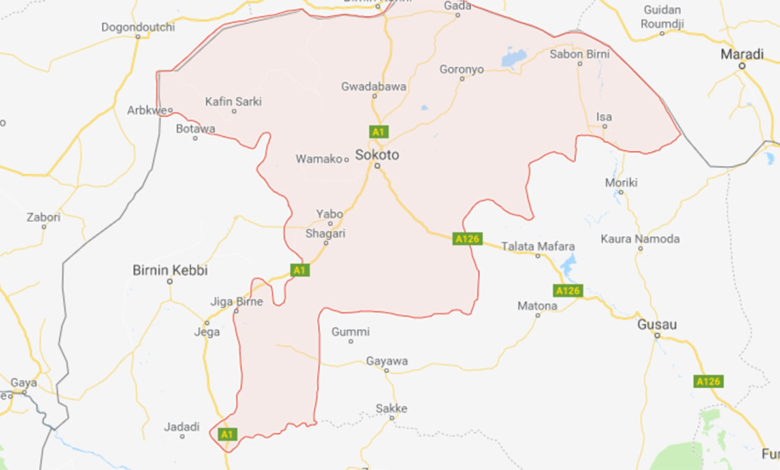Sokoto Government To Reorganise Sharia Police

Sokoto State Governments has constituted a committee to reorganise the Sharia police, known as hisbah and responsible for enforcing Sharia law.
In a statement signed by the Special Adviser to the Governor on Media and Publicity, Muhammad Bello, and reported by Daily Trust, the Governor, Mr Aminu Waziri Tambuwal, had inaugurated a 36-member committee to reorganise Sokoto State Hisbah Commission.
The governor explained that the committee became necessary because of the need to have a legitimate structure that would perform the activities of hisbah within the law.
The committee is to be chaired by the Wazirin Sokoto, Prof. Sambo Wali Junaidu, while the Permanent Secretary in the state’s Cabinet Affairs office, Alhaji Bande Rikina, would serve as its secretary, the government said.
The Chairman of the committee, Junaidu, assured the governor that the committee would do everything humanly possible to carry out its assignment effectively.
He said that the committee would consult the Sultan of Sokoto, Alhaji Muhammad Sa’ad Abubakar III, and other stakeholders for further advice and input towards the success of the assignment.
HumAngle recalls that in January, 2017, the Sokoto State Government said it would “harmonise” the leadership of three factions in the commission which led to a speculation that the government intended to disband it.
The application of the Sharia in some northern states in Nigeria came into prominence after the then-governor of Zamfara State, Ahmed Sani Yerima, on October 27, 1999, introduced the legal system in his state.
Following the action of the Zamfara State governor, 11 other states, including Sokoto, Kano and Kaduna, introduced the code in their areas of control.
Sharia law has a long tradition in the region dating back to centuries before the British colonial conquest and creation of the Protectorate of Northern Nigeria.
In the run-up to Nigeria’s independence in 1960, a unique penal system similar to a model used in Sudan was devised for northern Nigeria but limiting the application of personal and civil matters.
Support Our Journalism
There are millions of ordinary people affected by conflict in Africa whose stories are missing in the mainstream media. HumAngle is determined to tell those challenging and under-reported stories, hoping that the people impacted by these conflicts will find the safety and security they deserve.
To ensure that we continue to provide public service coverage, we have a small favour to ask you. We want you to be part of our journalistic endeavour by contributing a token to us.
Your donation will further promote a robust, free, and independent media.
Donate HereStay Closer To The Stories That Matter




